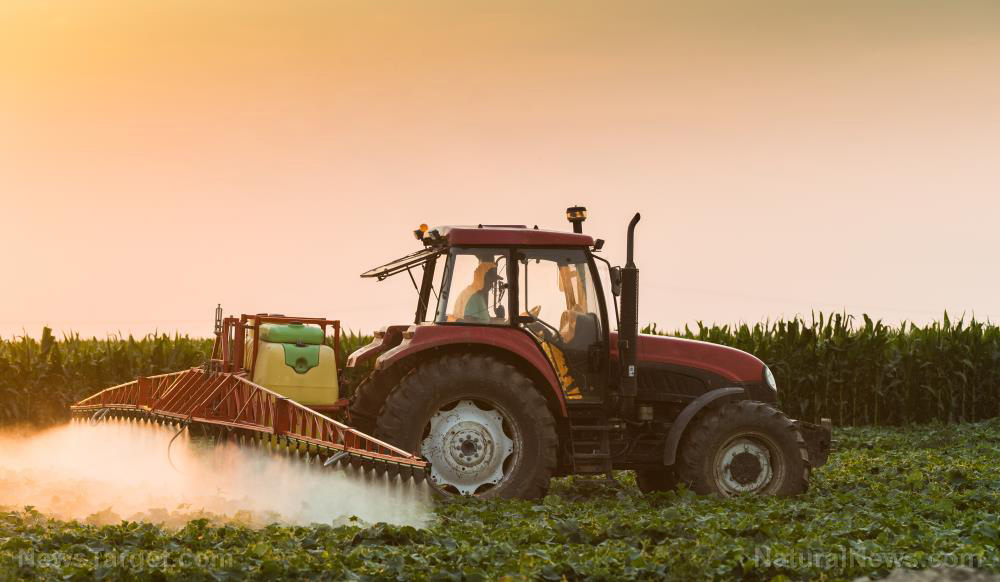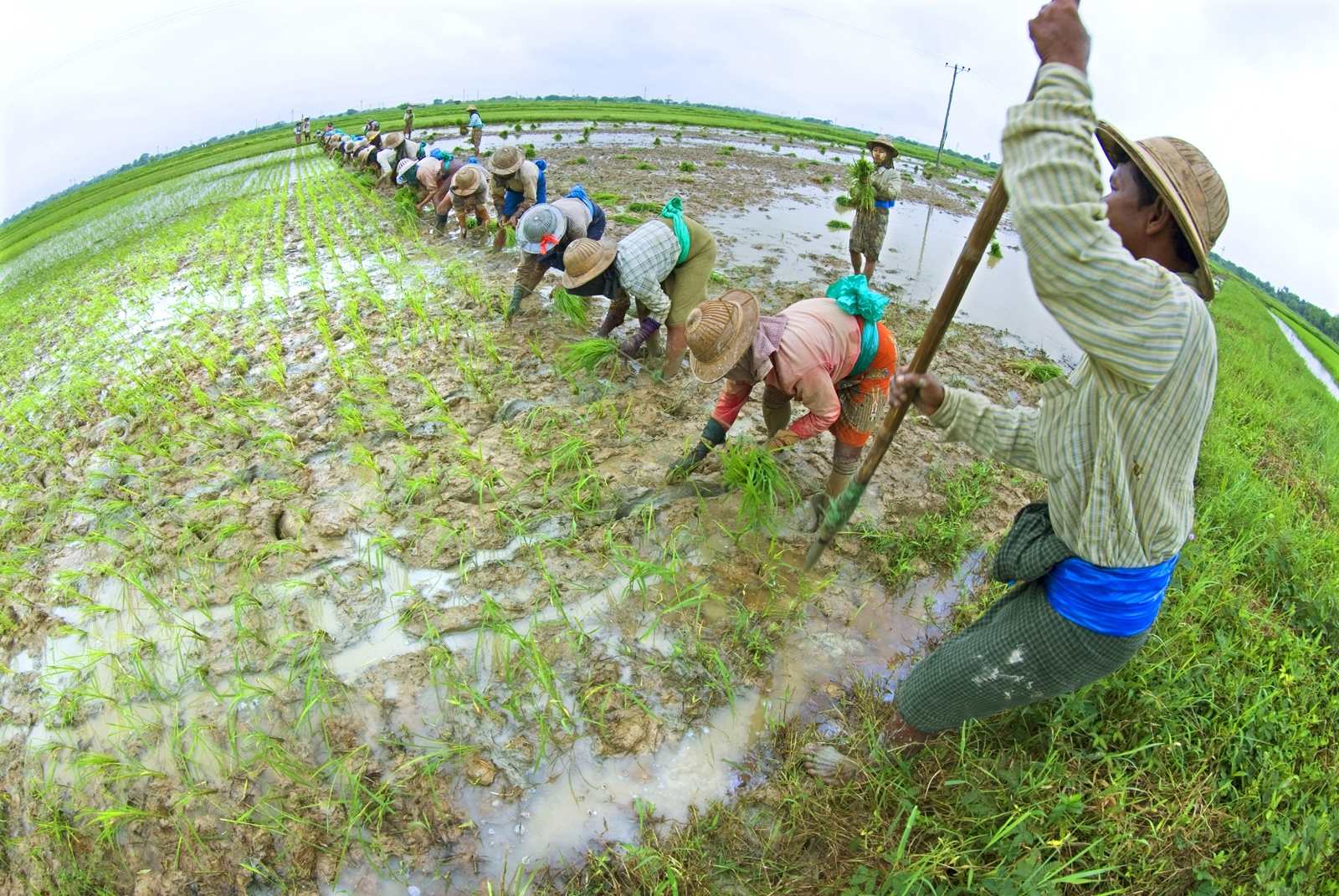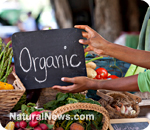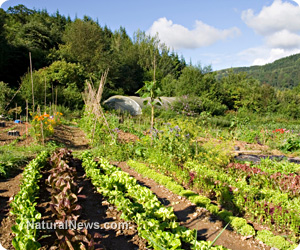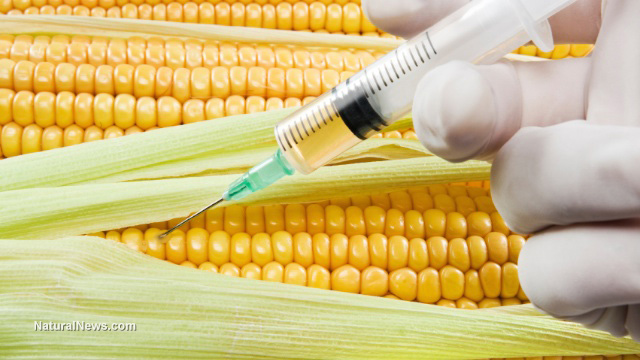Do you trust the “organic” label to really be organic? A U.S. farmer named Randy Constant killed himself to avoid a 10-year prison sentence after being convicted of running a massive organic fraud scheme that produced millions of bushels of “organic” corn and soybeans which were sold into the U.S. marketplace.
Organic farms not only produce healthy foods – they increase bird populations as well, a recent study finds. Researchers from the University of Helsinki in Finland found that organic animal farms are the most effective measures to reverse the decreasing bird numbers in Europe. The study, which was published in PLOS ONE, highlighted the importance of birds on farms and agriculture.
Green revolution refers mainly to dramatic increases in cereal grain yields in most of the developing countries. It can also be defined as the renovation of agricultural practices which began in Mexico in the 1940’s
(NaturalNews) One of the arguments often used to defend genetically-modified (GM) crops purports that biotechnology is necessary to feed the world, as non-GM and organic farming methods by themselves are incapable of producing enough food for everyone. But the truth of the matter is that organic farming by itself is fully capable of feeding the world -- we just need to make a few changes to the way we grow and raise our food, which includes putting an end to the factory farming methods that are destroying our health and the planet.
(NaturalNews) The federal government has awarded a $750,000 grant to Washington State University (WSU) in Pullman to investigate the merits of organic farming in eradicating pests without the use of chemicals. Inspired by a survey conducted by researchers at nearby Oregon State University, the research project to be funded with the grant will look at how organic growing methods such as crop rotation, biodiversity and utilizing insects rather than killing them with pesticides can actually help solve the problems that plague conventional agriculture.
(NaturalNews) How great would it be if organic farming were recognized as a way to feed the world? Of course, it has been acknowledged as a good idea by many people around the globe, including the folks involved with the popular magazine National Geographic. That's the good news. The bad? They're on board with it, so long as it's done with GMOs.



